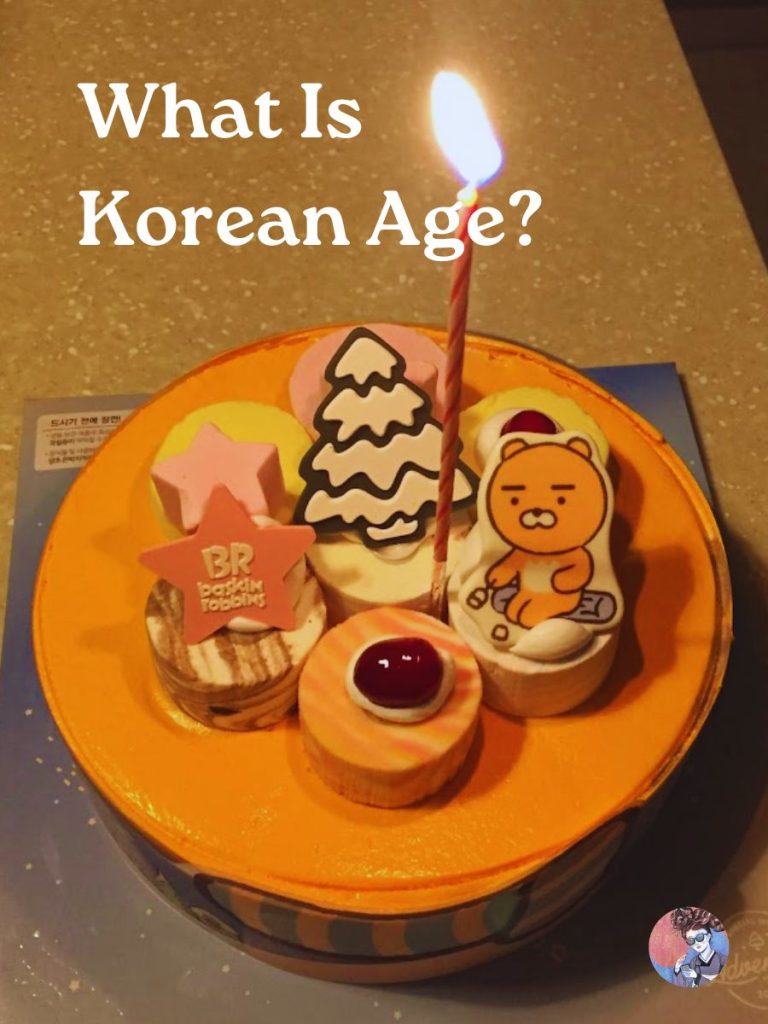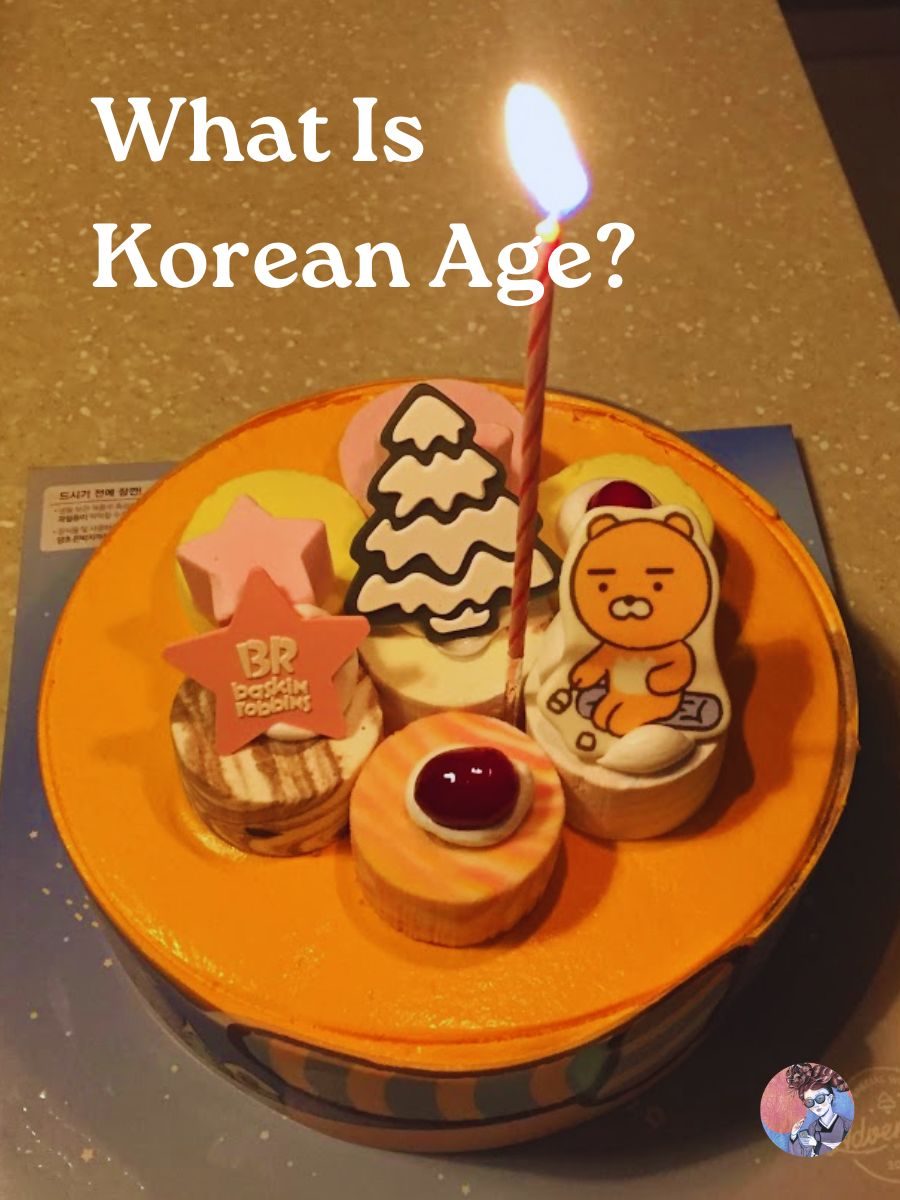
Want to learn what Korean age is?
Read on to find out what it is, how to calculate your Korean age, and why it matters.
Quick Summary
- Korean age starts at one year old at birth.
- Everyone collectively gains a year on New Year’s Day, not on their birthdays.
- Despite the 2023 amendments to unify the age counting system, most Koreans still use Korean age on a daily basis.
Korean age is a traditional way of counting a person’s age in South Korea.
Unlike international age, where a person is considered zero at birth and gains a year each birthday, the Korean age starts at one year old at birth because time spent in the womb counts.
Additionally, everyone in Korea collectively gains a year on New Year’s Day, not on their birthdays.
This means that a baby born on December 31st will turn two years old the next day on January 1st, even though they are technically two days old.
The concept of Korean age can be confusing, as it makes people seem one to two years older than they are.
For example, if you’re 25 years old by international standards, you’re 26 or 27 in Korean age, depending on your birthdate and the current date.
How Old Am I in Korean Age?
Here’s a simple formula to calculate your Korean age:
Korean Age=(Current Year-Birth Year)+1
For example, if you were born in 1995 and the current year is 2024, your Korean age is 30 according to (2024-1995)+1.
Transition to International Age?
As of June 28, 2023, new laws took effect requiring the use of international age in South Korea for legal and official matters to avoid confusion.
I thought we were finally getting younger by two years. However, Korean age is still being used in the country.
Why Does Age Matter?
Understanding Korean age is essential if you’re planning to live in or visit Korea.
It’s a crucial part of social interactions and communication.
In general, the first question Koreans ask is “How old are you?” because Korean age determines how to address each other appropriately.
Whether you’re attending social gatherings, making new friends, or conducting business, knowing someone’s Korean age helps navigate the nuances of Korean social etiquette.
Conclusion
Korean age might seem confusing at first, but it helps form camaraderie as we all age together.
By learning about Korean age, you not only gain insight into a unique culture but also enhance your understanding and ability to connect with Koreans.

